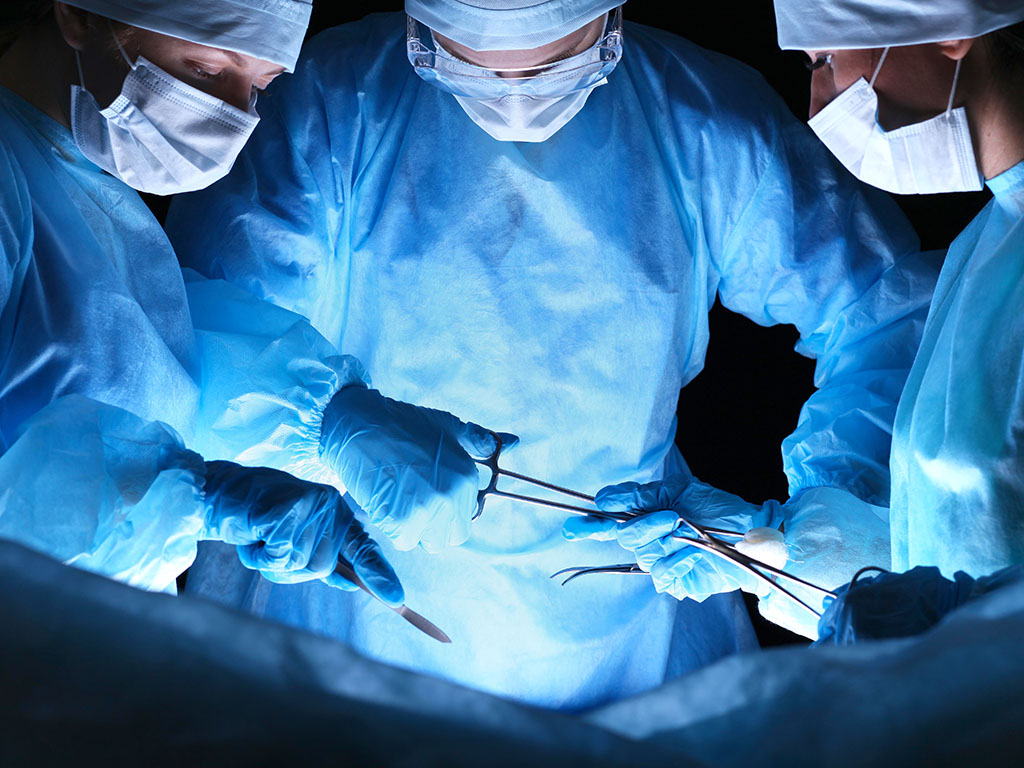Can a surgeon’s personality affect your health? According to a new study, it might.

A U.S. study published in medical journal JAMA Surgery on Wednesday found that surgeons who model “unprofessional behavior” may increase the risk of medical errors and surgical complications for patients.
“In all aspects of an operation, it’s important that team members communicate very clearly and effectively… to ensure that safety protocols are being followed,” Dr. William Cooper, the study’s lead author and director of the Center for Patient Advocacy at Vanderbilt University Medical Center, told Global News.
“People have to have the safety to speak up and share their concerns, and not fear that they’ll either be criticized or ridiculed.”
READ MORE: Here’s why you might ‘black out’ when you’re anxious
Cooper and other researchers studied more than 13,600 patients who underwent surgery by 202 surgeons.
Patients who were operated on by surgeons who had been reported more times by co-workers for bad conduct in the past three years had “a significantly increased risk” of surgical and medical complications.
The study found that just over 14 per cent of patients whose surgeons had been reported four or more times experienced adverse outcomes. For patients who were operated on by a surgeon who had zero reports, complications occurred 10.7 per cent of the time.
WATCH BELOW: What is an Achilles injury?

Cooper says these incident reports included a range of complaints around behaviour, but largely affected how the surgeon interacted with their peers.

Get weekly health news
“Sometimes the reports are describing surgeons who don’t have respect and don’t show respect for their co-workers or for hospital policies and procedures,” he said.
READ MORE: Cannabis during pregnancy linked to higher risk of pre-term birth: study
While some of these behaviours may not affect a patient directly, the researchers suggested that surgeons who engage in such conduct help create an environment where communication is negatively affected. This, in turn, can affect a patient’s procedure and recovery.
Cooper provided a clinical example.
“If a surgeon and an anaesthetist are working together and the patient has difficulty and the surgeon completely lambastes the anesthesiologist, you can imagine that the next time they work together, that anesthesiologist may be distracted, waiting for the surgeon to blow,” he said.
“Or if they have difficulty managing the patient, they may hesitate to bring up their concerns, which could create problems for the patient’s outcome.”
WATCH BELOW: Why do C-section rates continue to climb in Canada?

While the report says that organizations interested in better patient outcomes should focus on addressing workplace behaviour, Cooper says the majority of surgeons do good work.
“The vast majority of surgeons, like all physicians, perform perfectly respectfully almost all the time,” he said.
“In fact, a huge number of surgeons in this study never had any co-worker reports. There’s a small number who generate more than their fair share.”
Laura.Hensley@globalnews.ca
- Health Canada recalls glucose monitors that may give ‘incorrect’ readings
- ‘Patients get relief’: Researchers recommending nerve blockers to treat migraines
- U.S. advisory panel rolls back universal hepatitis B vaccine recommendation
- Canada puts new restrictions on pistachios from Iran amid salmonella outbreak








Comments